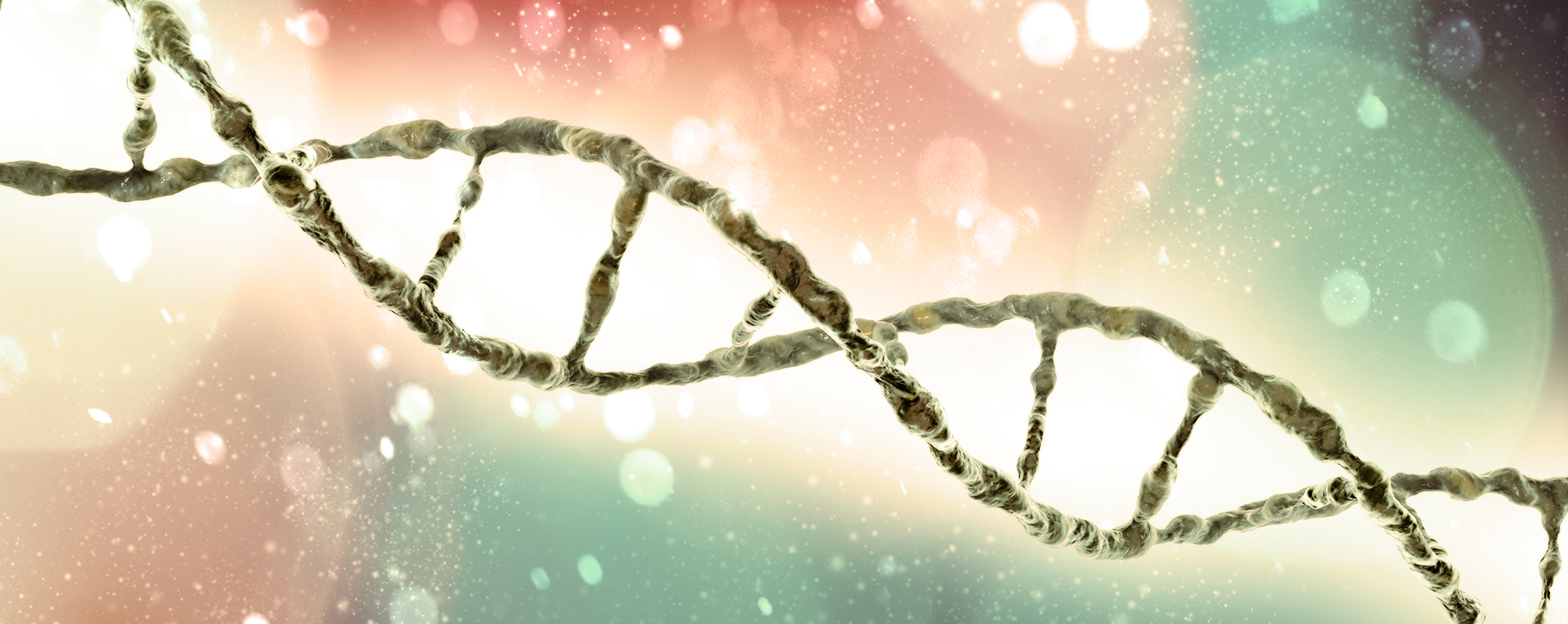What Is the Gut Microbiome?
Bacteria, viruses, fungi and other microscopic living things are referred to as microorganisms, or microbes, for short. Trillions of these microbes exist mainly inside your intestines and on your skin. Most of the microbes...



